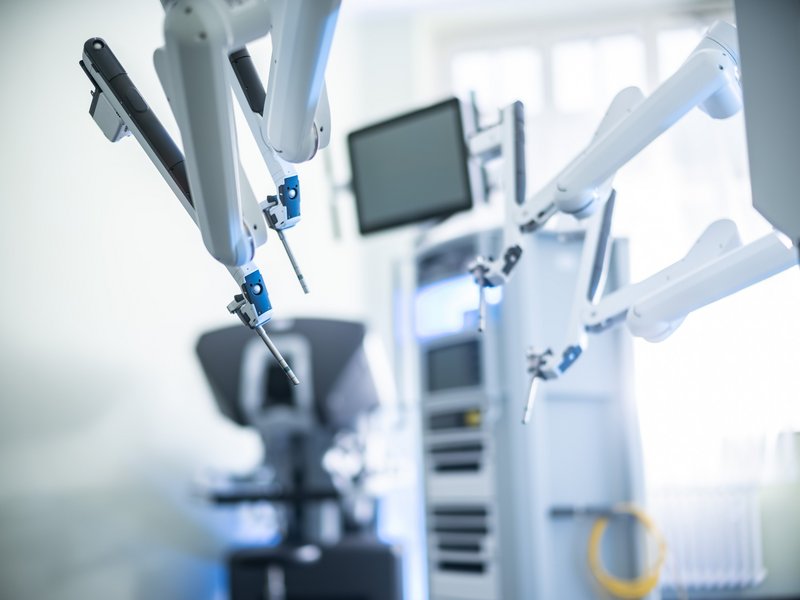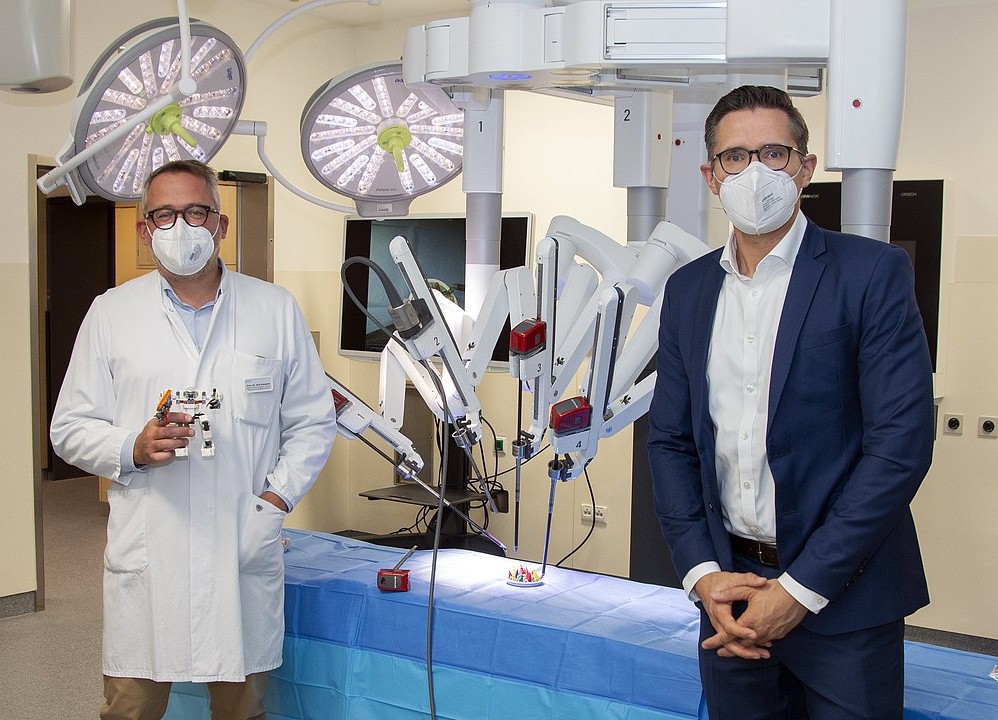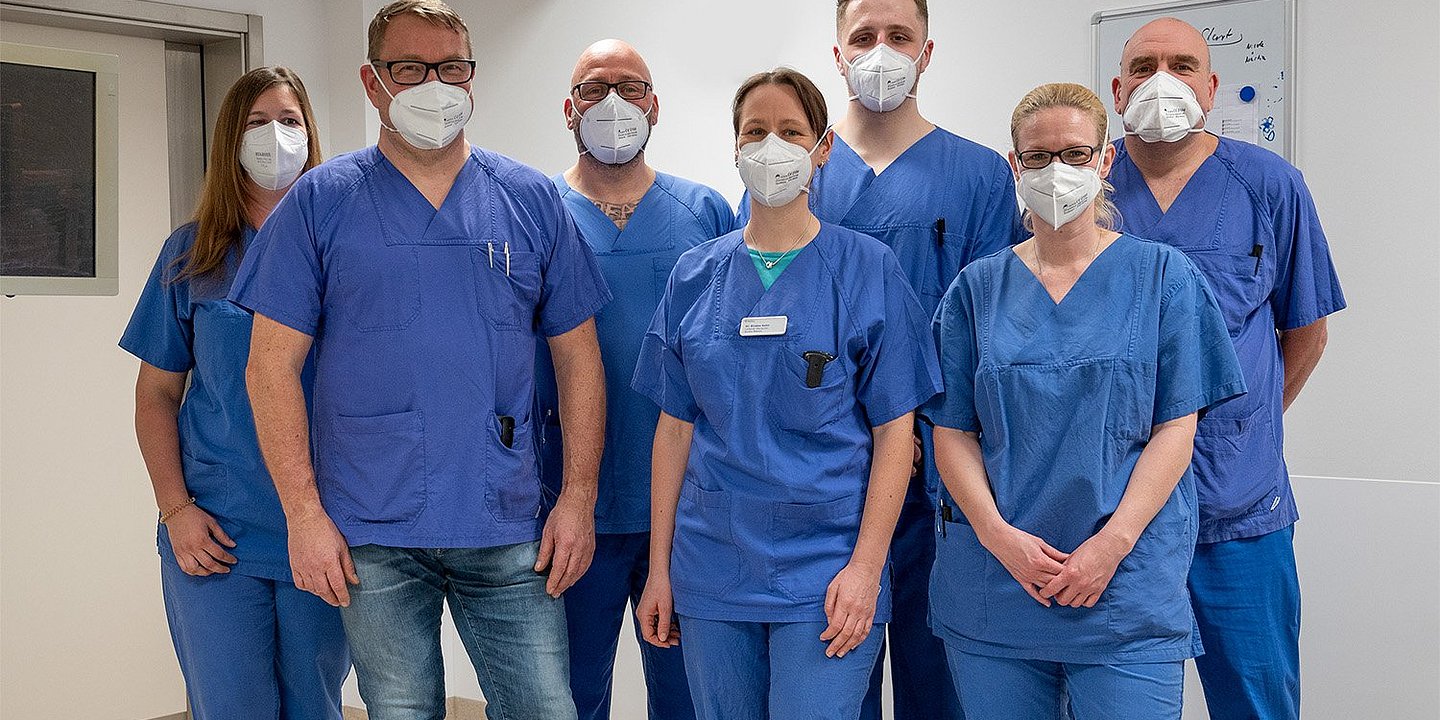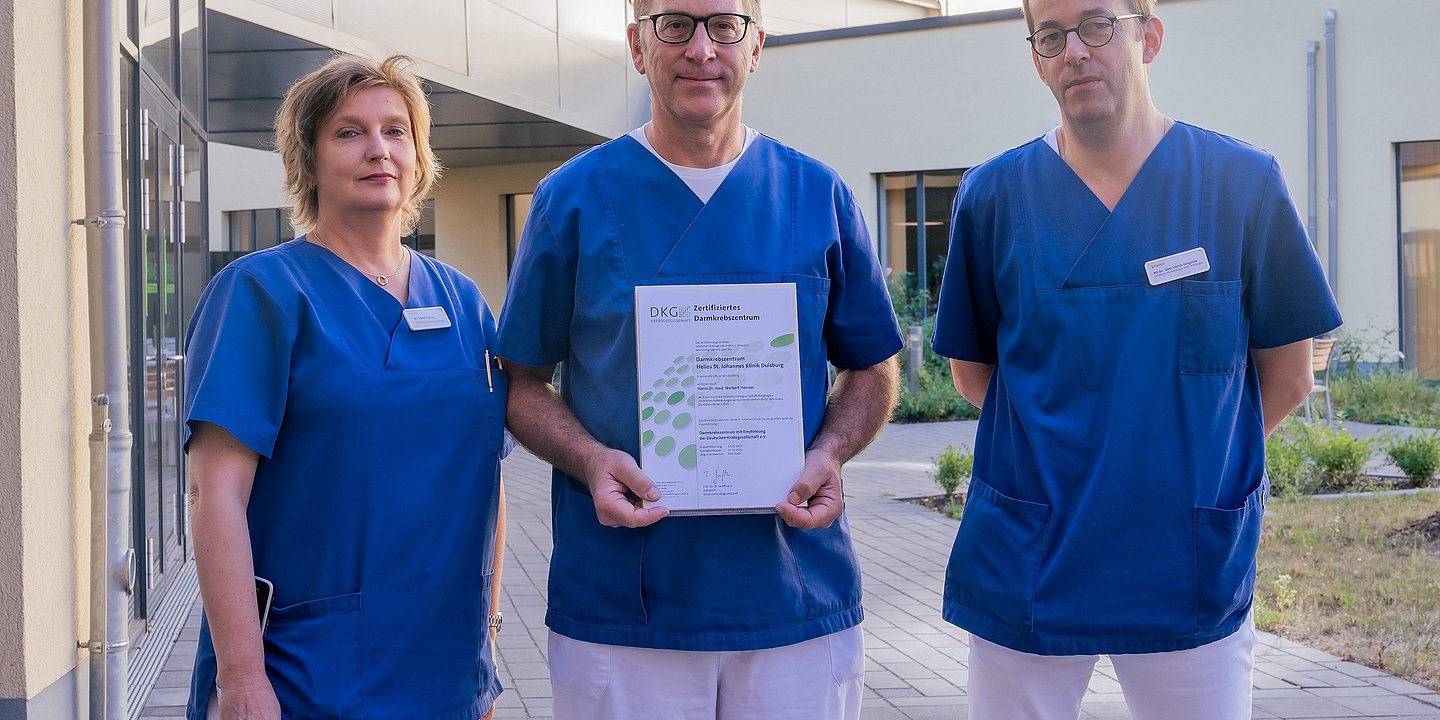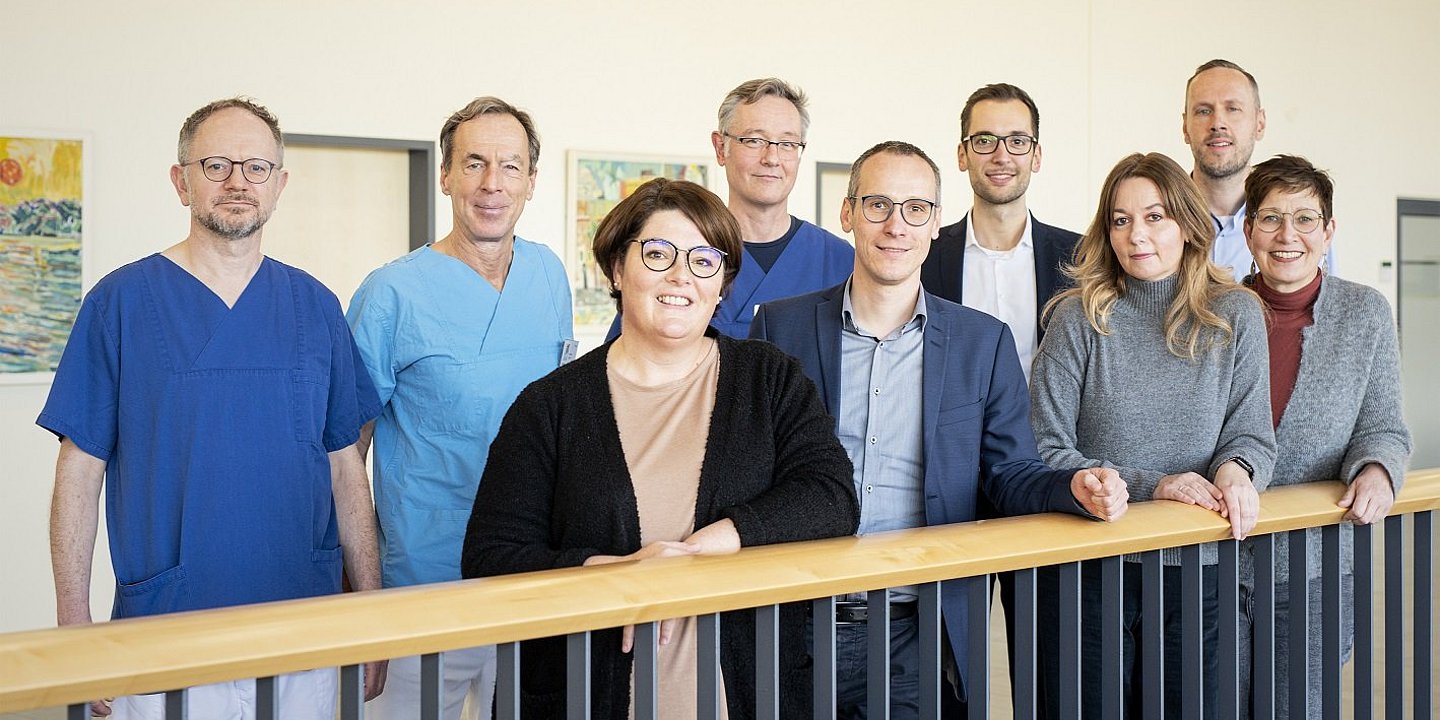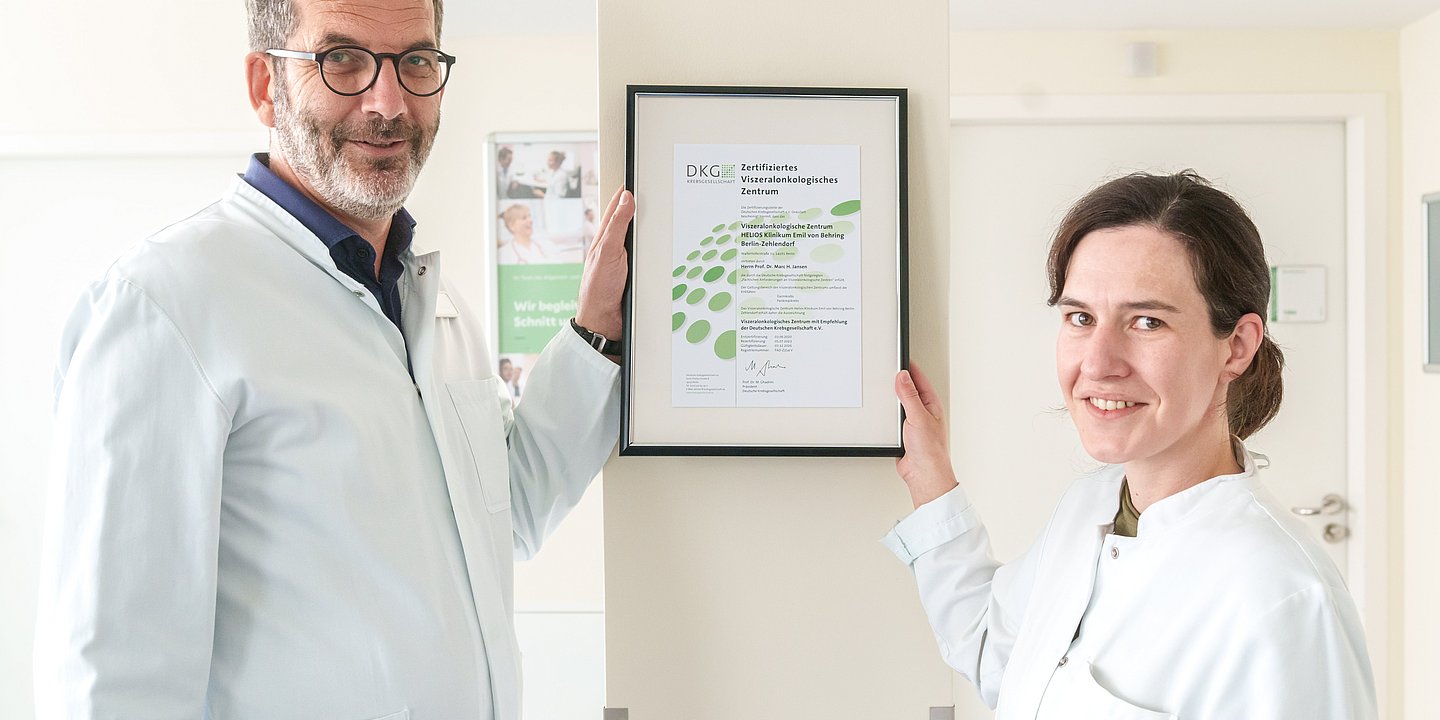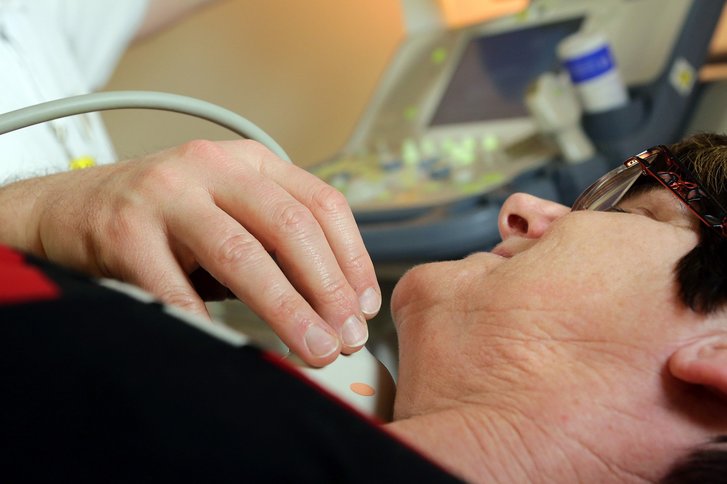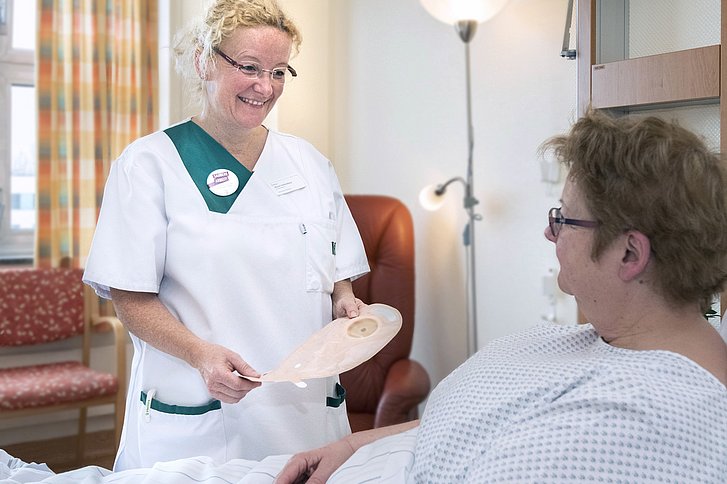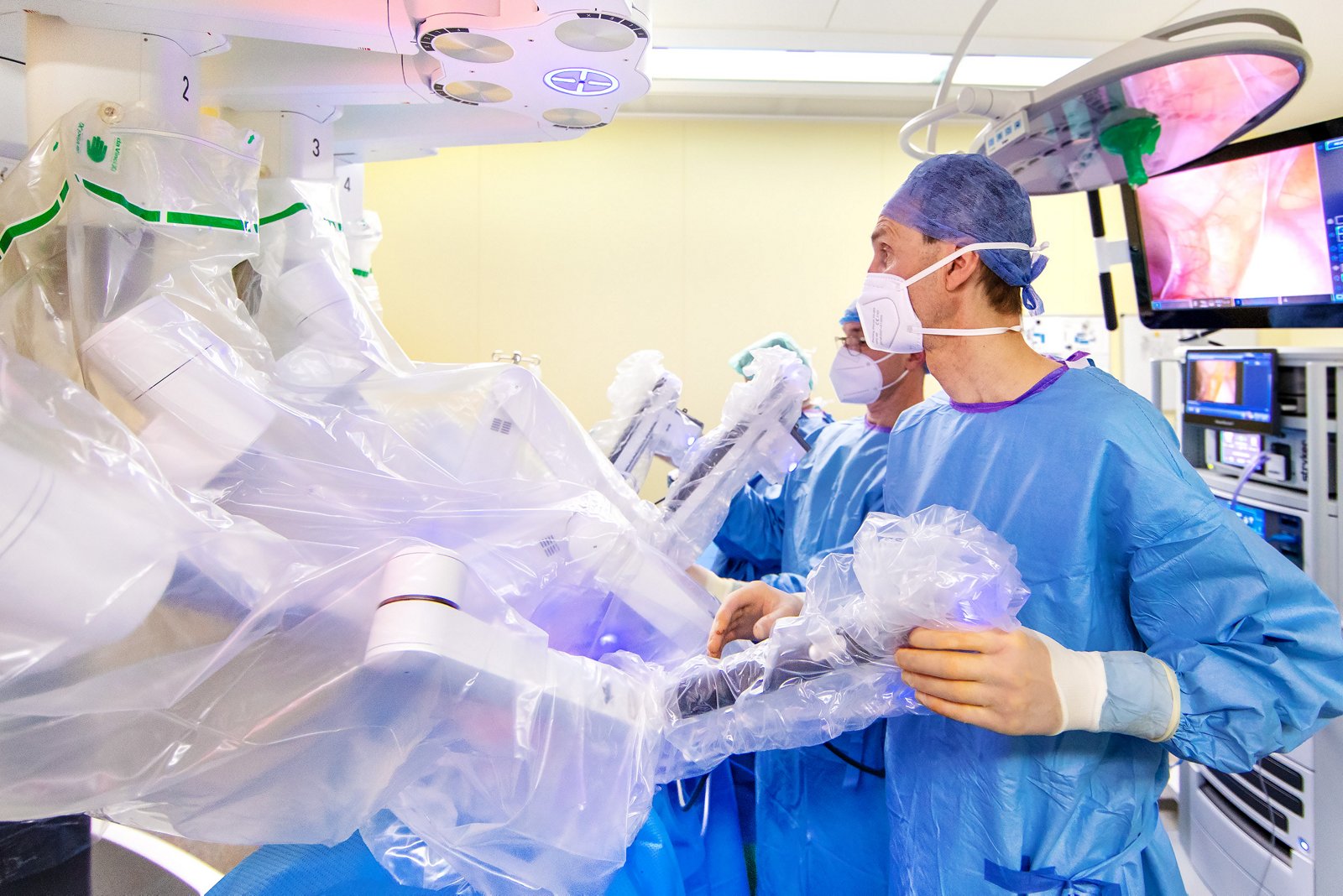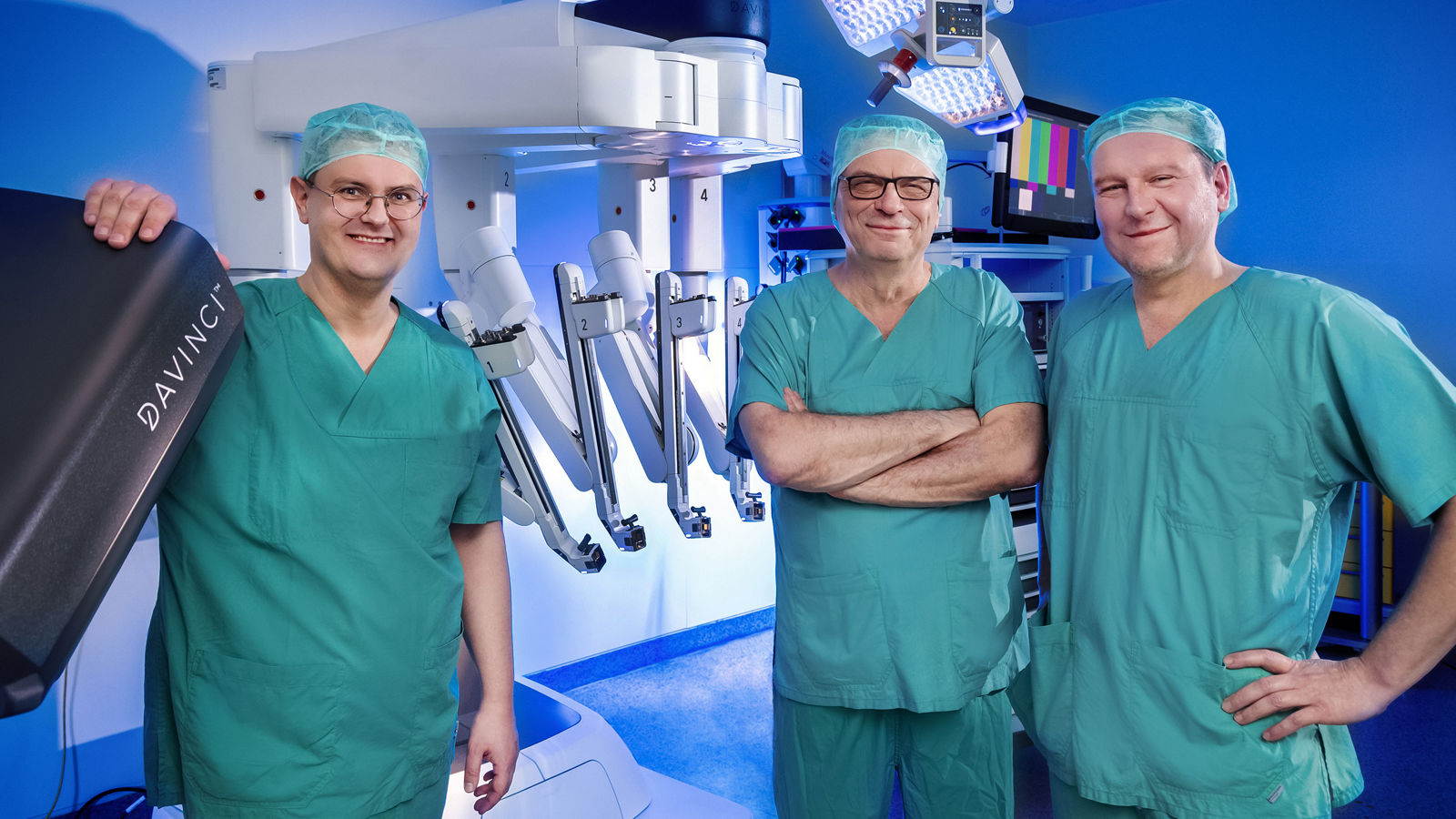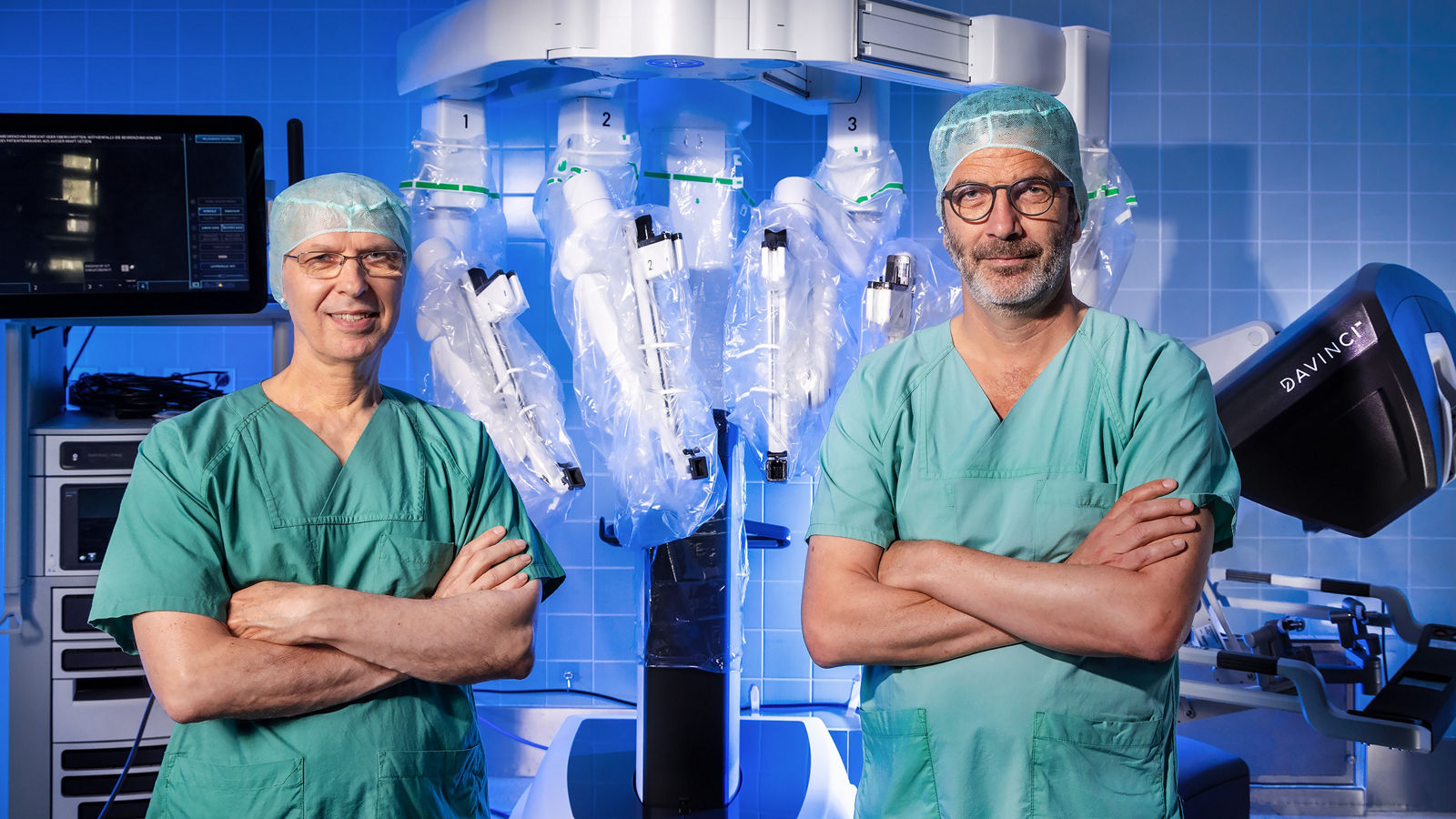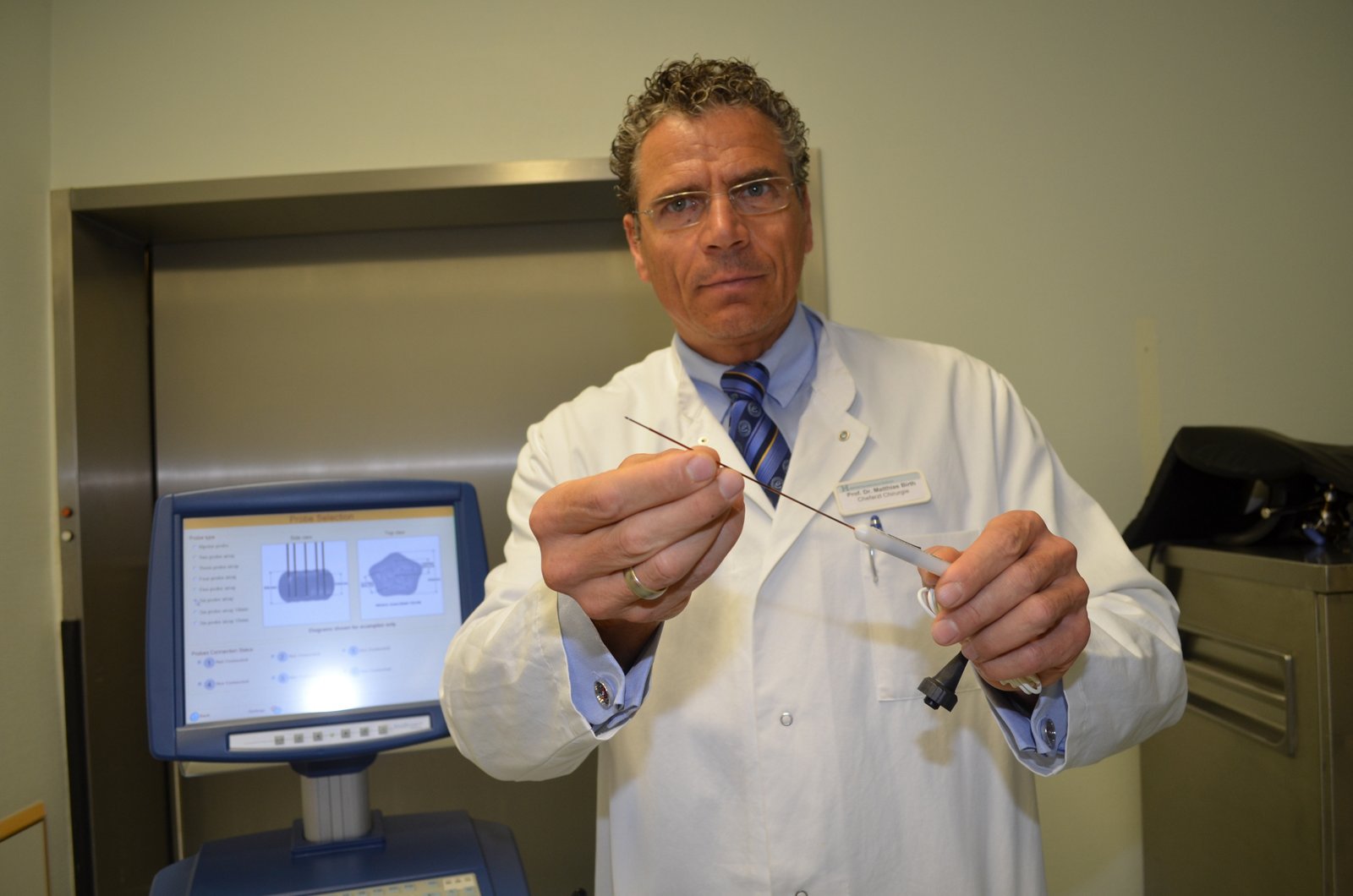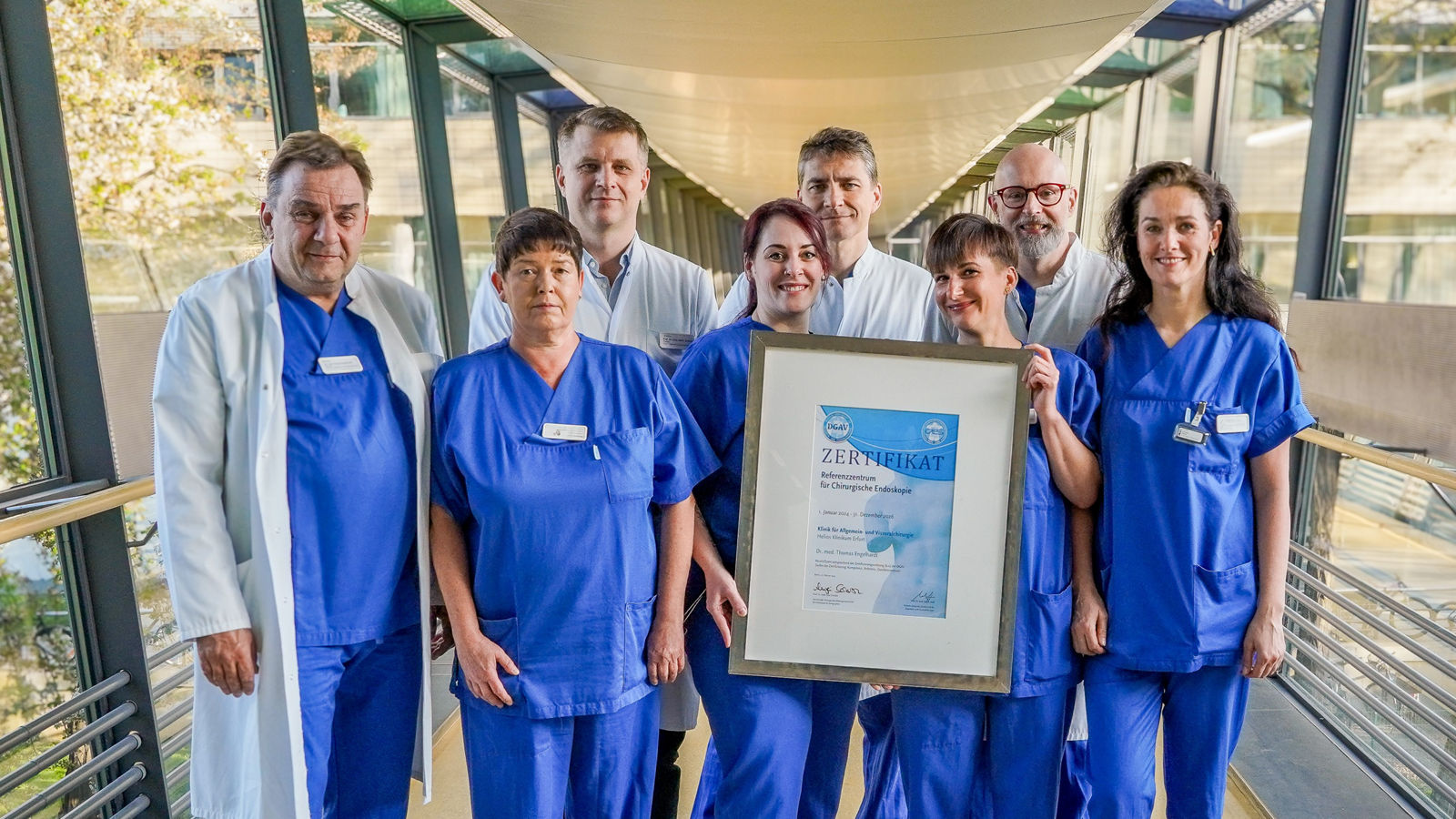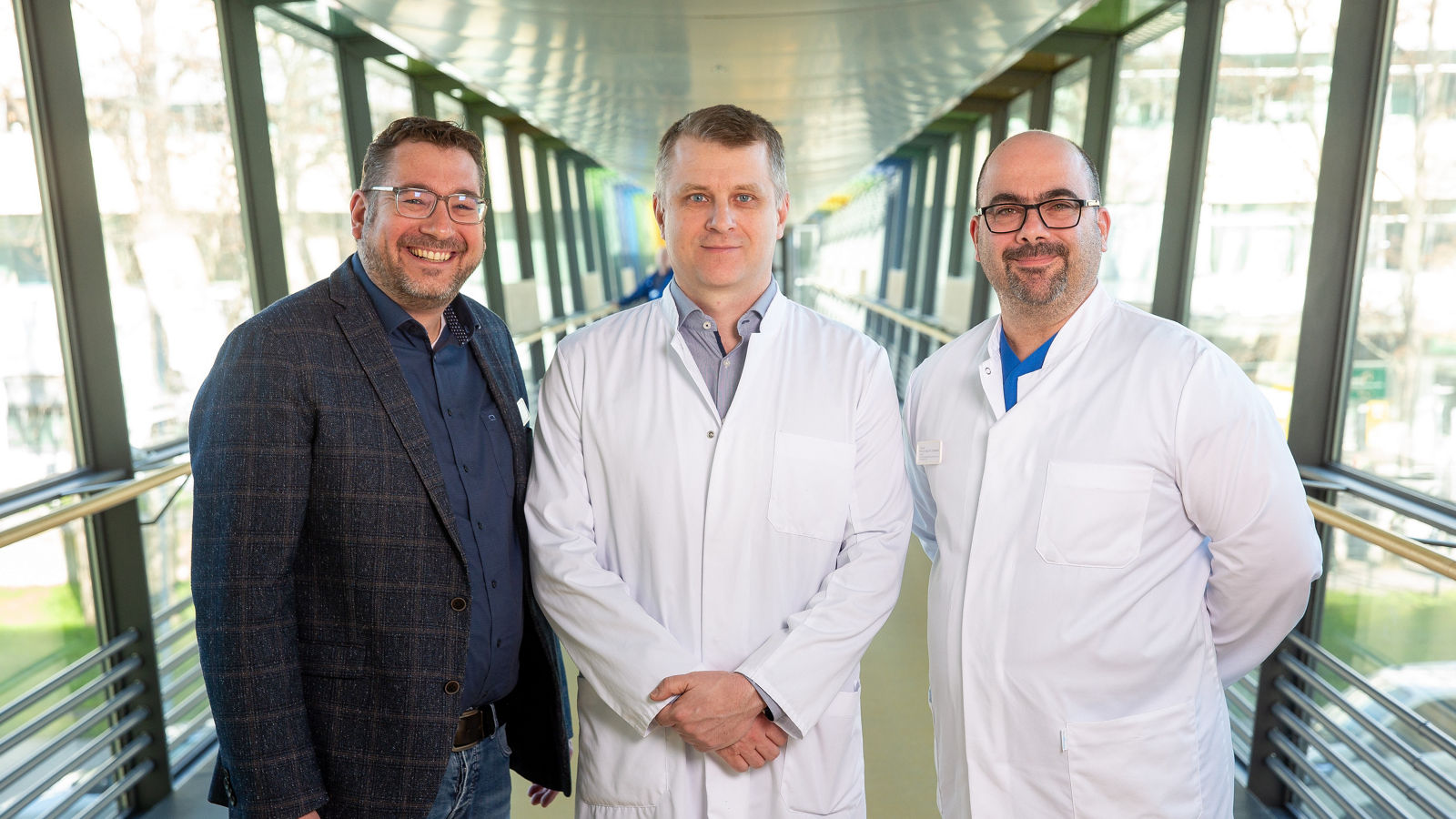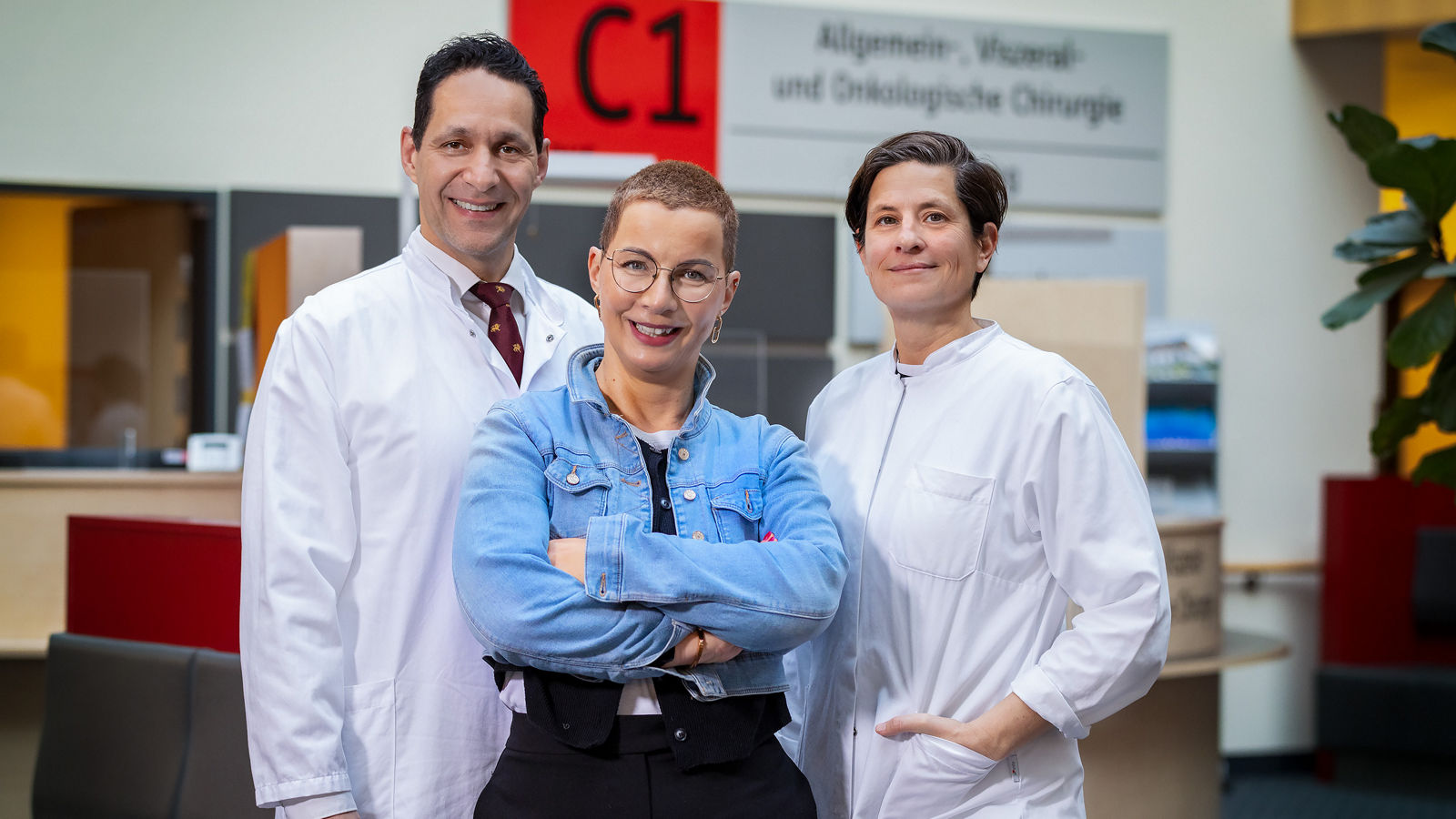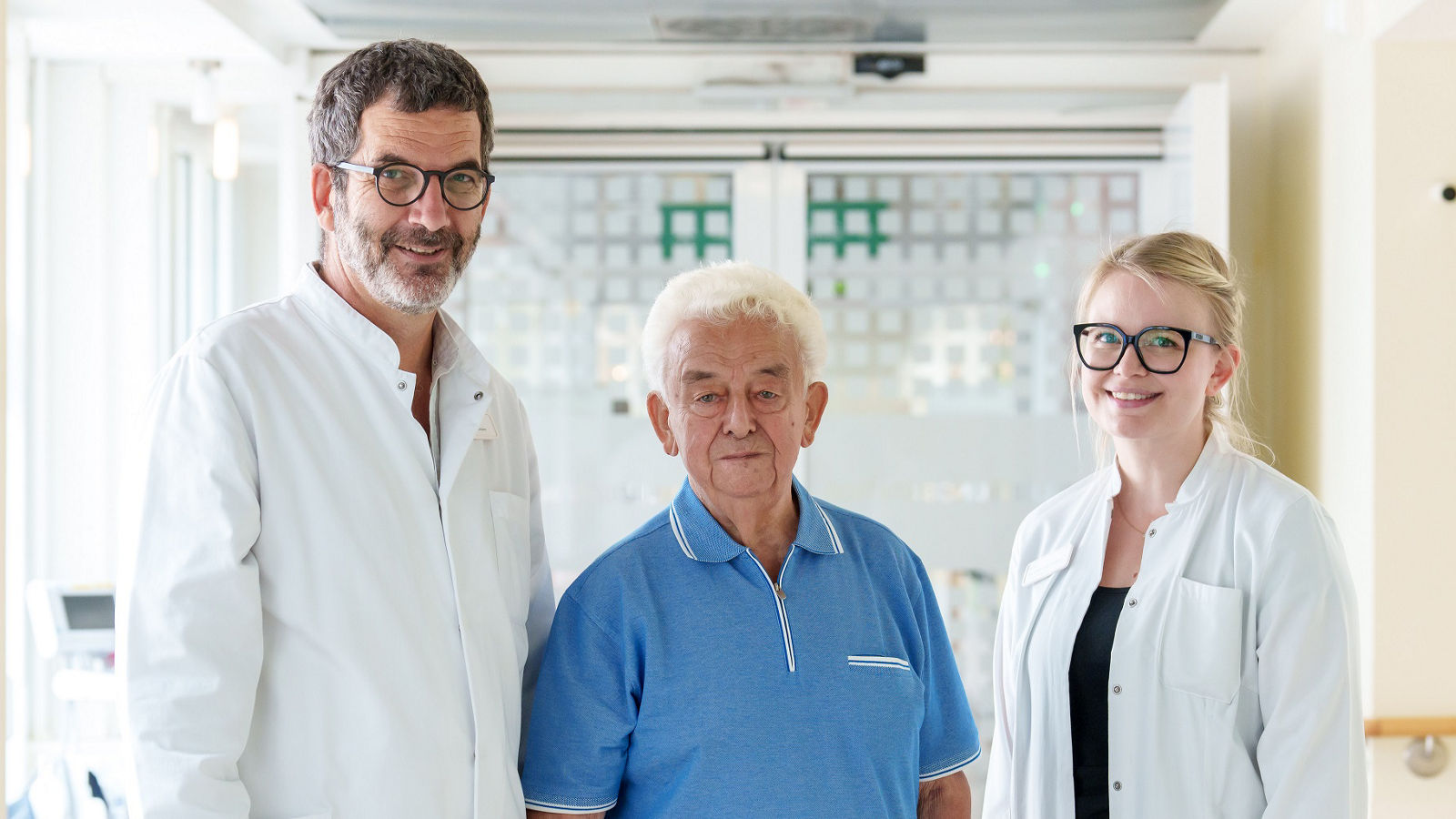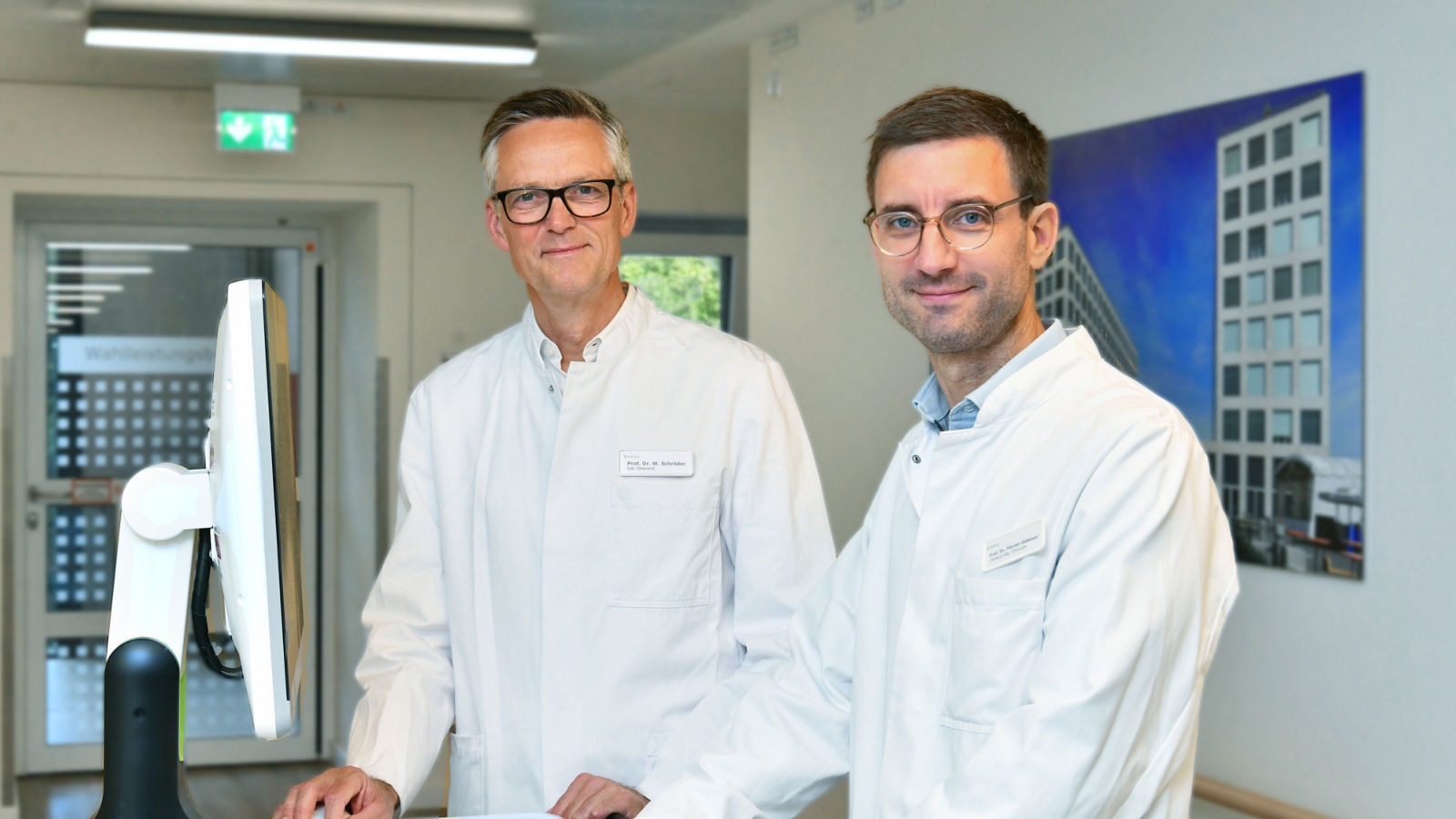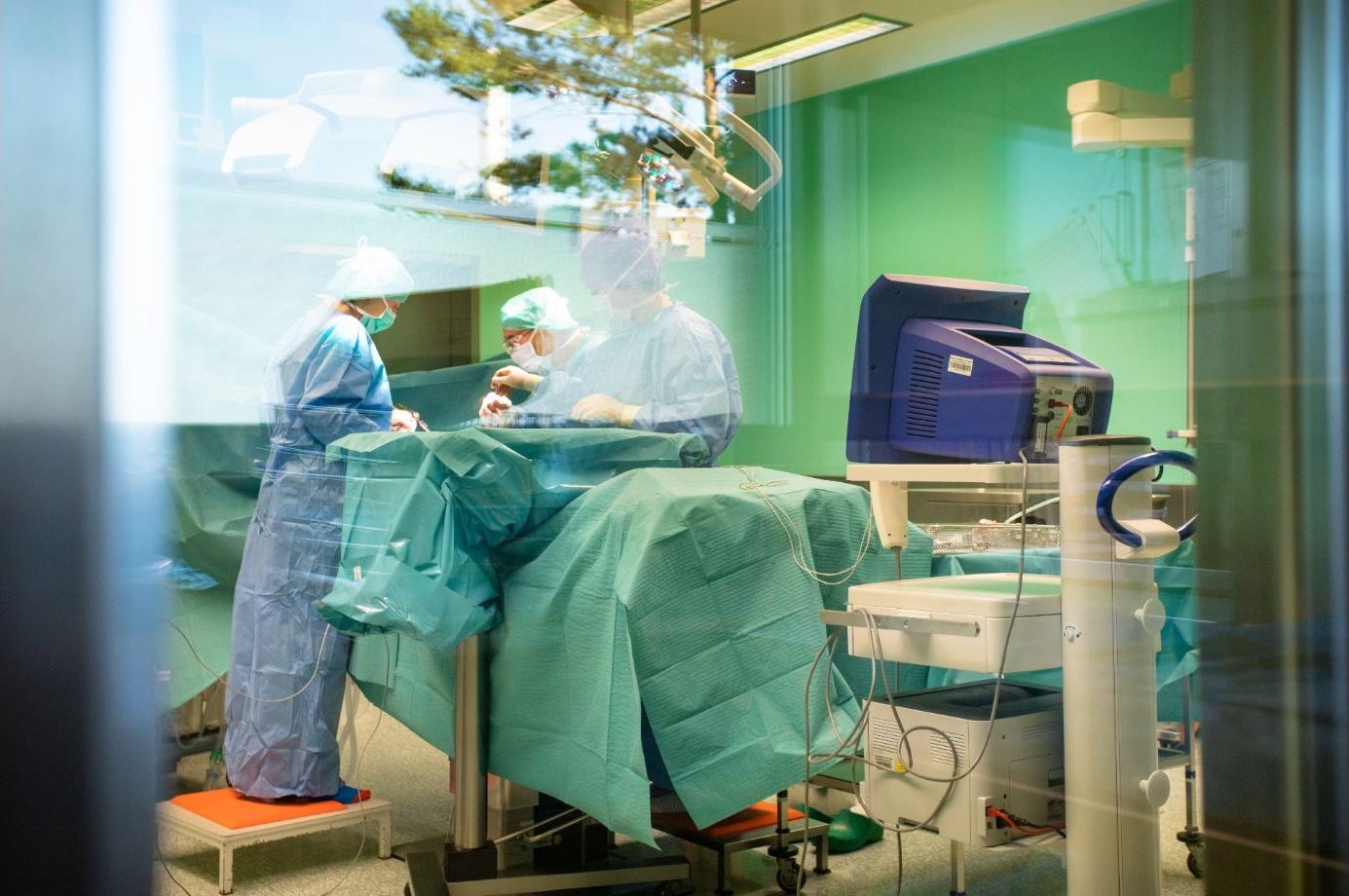
Helios Schwerin: New treatment options for peritoneal cancer
As with many types of cancer, the signs of peritoneal cancer are very unspecific. Constipation, nausea, a feeling of fullness or a bloated abdomen can indicate a finding.
"Unfortunately, the signs usually only appear at a very late stage," explains Dr. Judith Sporn from the Clinic for General and Visceral Surgery . "In addition, peritoneal cancer is only rarely the sole finding - it is often a form of metastasis from stomach, colon, pancreatic or gallbladder cancer."
Until around 30 years ago, there was no longer any chance of a cure for peritoneal cancer. But with cytoreduction and HIPEC, there is hope again for some patients. HIPEC stands for Hyperthermic Intraperitoneal Chemotherapy "You can roughly translate it as hot chemotherapy for the abdomen," says Dr. Sporn. "We first surgically remove all the tumor tissue that we can see, which is called cytoreduction or CRS (cytoreductive surgery)." At the end of the operation, the inflow and outflow tubes are inserted through the skin into the abdominal cavity and the abdomen is closed. The chemotherapeutic agent used is then heated to 42 degrees Celsius and the abdominal cavity is flushed with the chemotherapeutic agent for one to two hours in a closed circuit. Any remaining tumor cells that are only visible under the microscope are then treated with the chemotherapeutic agent. "However, this method is not suitable for all patients with peritoneal cancer". In suitable patients, it can prolong life, and in some cases even cure the disease. "However, this requires optimal conditions for the therapy," says Dr. Sporn. Nevertheless, the doctor adds:
"I am very pleased to now be able to offer these options in Schwerin. This helps patients who previously saw no chance in a very advanced stage of cancer."
Patients with peritoneal cancer for whom the CRS/HIPEC method is not an option could receive help from PIPAC therapy. PIPAC stands for pressurized intraperitoneal aerosol chemotherapy, i.e. high-pressure chemotherapy with very fine aerosols. "Patients are already receiving systemic chemotherapy for their tumour," explains Dr. Sporn. "In addition to the systemic therapy, PIPAC therapy can be used to treat the peritoneal metastases directly with chemotherapy." This involves laparoscopic surgery, i.e. two small incisions are made and the abdominal cavity is inflated with carbon dioxide. The camera is inserted through one incision and a high-pressure nozzle through the other, which is used to nebulize the chemotherapeutic agent, which then acts for 30 minutes. Here, too, patients have to be carefully selected; so far, treatment has only been possible within the framework of studies.
Read more:
Do you need more information about Helios Hospitals or want to schedule your treatment?


